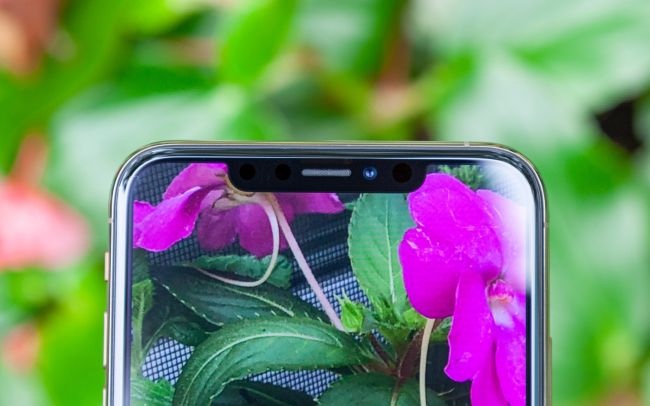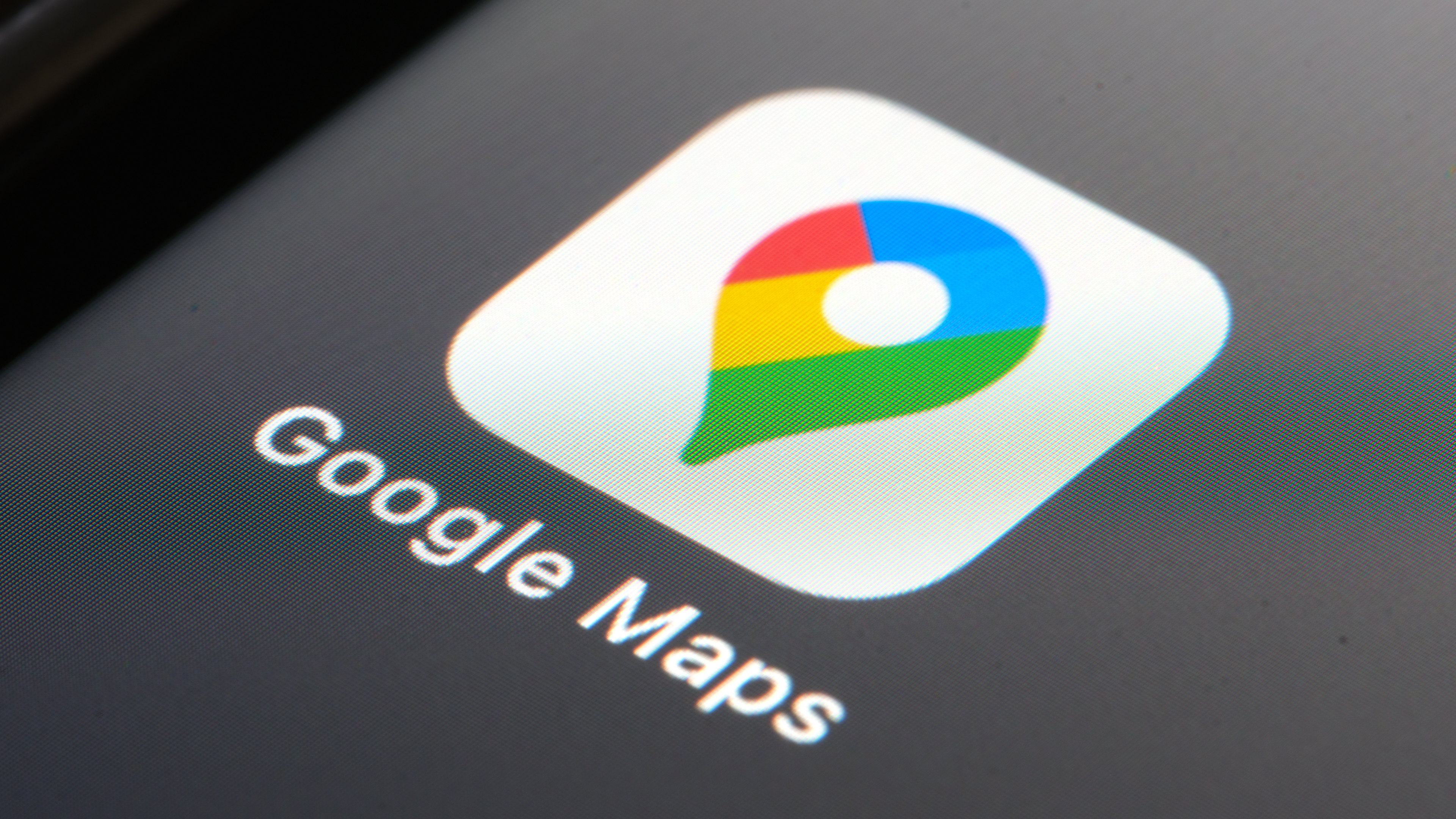Apple May Kill the Notch on iPhone 12
A full-screen iPhone could be on the way

Since it first showed up in 2017, the notch on recent iPhone X models has had its share of admirers, detractors and copycats. But Apple could be eyeing ways to drop the notch from future iPhone designs.
That's the conclusion, at least, of two separate reports flagged up by MacRumors that suggest Apple is thinking different about the design of its flagship phone. By 2021, the notch might completely disappear from the iPhone — and at least one model coming out next year could do away with the notch.
Our notch-free future depends on two different reports panning out. The first comes from long-time Apple analyst Ming-Chi Kuo, who usually bases his forecasts on information from Apple's supply chain.
In a research note posted on MyDrivers, Kuo says that Apple wants to shrink the size of the front lens on the iPhone as part of an effort to increase the screen-to-body ratio on future phones.
The second report, printed in The China Times, goes a step further, with a Credit Suisse analyst claiming that Apple will move away from Face ID to a fingerprint reader embedded underneath the phone's screen. That is expected by 2021, although the report claims we could see at least one notch-free iPhone as soon as next year.
The Credit Suisse analyst's claim seems to be based on a pair of persistent rumors about Apple's smartphone plans and the way the smartphone industry is trending.
For starters, Apple is widely expected to be working on its own in-display fingerprint reader. It's even got a patent for such an approach to unlocking the iPhone.
Get instant access to breaking news, the hottest reviews, great deals and helpful tips.
Secondly, phone makers are eager to adopt under-display cameras — both Oppo and Xiaomi have announced plans for displays with embedded cameras as part of a push to bezel-free designs.
While it makes sense that Apple would want to scale back or eventually eliminate the iPhone's notch, it may be going a step too far to suggest that Face ID is on the chopping block, too.
Apple's face-unlocking technology is secure enough to validate mobile payments, something other phone makers have struggled to support with facial recognition, and Apple has even made Face ID a part of the iPhone's marketing campaign.
Ditching all that for a fingerprint sensor — even an embedded one — doesn't seem likely, especially because Apple has other patents that discuss combining face-unlocking features with fingerprint readers.
Whatever Apple decides, it's unlikely to show up on the iPhone 11 when that new model debuts in a few months. Apple's 2019 iPhones are largely expected to mirror the look and design of the three models it released last year.
- Best iPhones: Which Should You Get?
- The iPhone 11 Will Reportedly Kill 3D Touch
- Most Anticipated Phones
Philip Michaels is a Managing Editor at Tom's Guide. He's been covering personal technology since 1999 and was in the building when Steve Jobs showed off the iPhone for the first time. He's been evaluating smartphones since that first iPhone debuted in 2007, and he's been following phone carriers and smartphone plans since 2015. He has strong opinions about Apple, the Oakland Athletics, old movies and proper butchery techniques. Follow him at @PhilipMichaels.
 Club Benefits
Club Benefits






